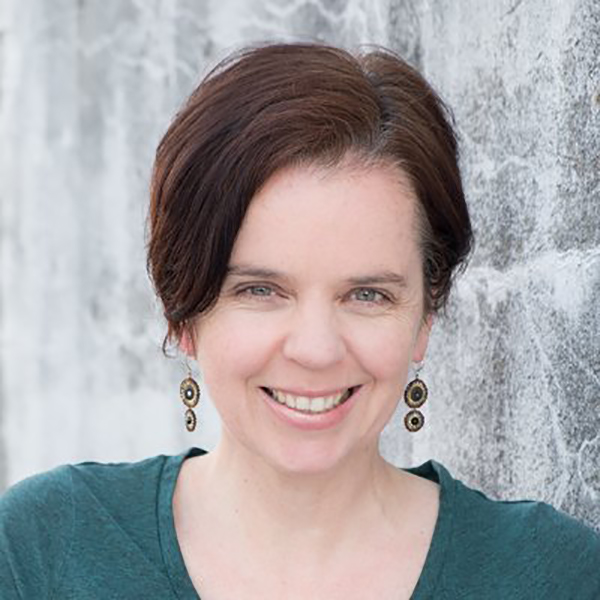
Lawyer and Bioethicist to Give Keynote Address for ‘Ethics of Technology’ Series Johnston’s talk is titled “The Good Parent in an Age of Gene Editing: How Novel Genetic Technologies Challenge Parental Responsibility.”
Josephine Johnston, a bioethicist and lawyer at the Hastings Center, an independent bioethics research institute in Garrison, New York, is the keynote speaker in the 2019-20 “Ethics of Technology” series, sponsored by the Roger Mudd Center for Ethics at W&L. Her lecture is Sept. 26 at 5 p.m. in Stackhouse Theater on the W&L campus.
Johnston’s talk is titled “The Good Parent in an Age of Gene Editing: How Novel Genetic Technologies Challenge Parental Responsibility.” The talk is free and open to the public.
The lecture will be available to watch live online here.
“Josephine Johnston is a leading expert on ethical, legal and policy implications of biomedical technologies,” said Brian Murchison, director of the Mudd Center. “She is an incisive commentator on issues raised by gene-editing, particularly in the wake of recent experience in China and other parts of the world. She writes about the inevitability of pressures in our own country on parents to consider genetic modification for their children. Johnston’s new book, ‘Human Flourishing in an Age of Gene-Editing,’ has just been published by Oxford University Press, and we are excited about hearing her thoughts on the ethical considerations that must be taken into account.”
A New Zealand-trained lawyer with a master’s degree in bioethics and health law from the University of Otago, Johnston joined the staff of The Hastings Center as a research scholar in 2003 and became director of research in 2012. She previously worked as a bioethics researcher at Dalhousie University and the University of Minnesota, and she practiced law in New Zealand and Germany.
Her scholarly work has appeared in journals such as New England Journal of Medicine, Science, Nature and Journal of Law, Medicine and Ethics. Additionally, she has written for Stat News, The New Republic, Time, Washington Post, and The Scientist.
The Mudd Center was established in 2010 through a gift to the university from award-winning journalist Roger Mudd, a 1950 graduate of W&L. When he made his gift, Mudd said that “given the state of ethics in our current culture, this seems a fitting time to endow a center for the study of ethics, and my university is the fitting home.”
 Josephine Johnston, a bioethicist and lawyer at the Hastings Center.
Josephine Johnston, a bioethicist and lawyer at the Hastings Center.
You must be logged in to post a comment.